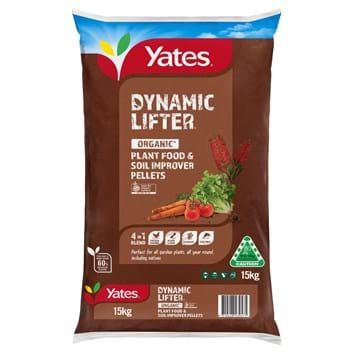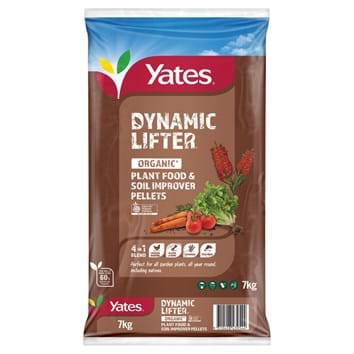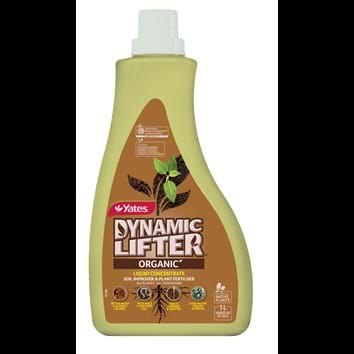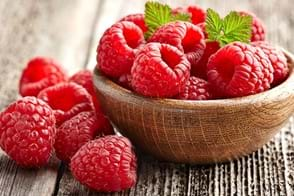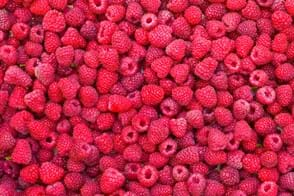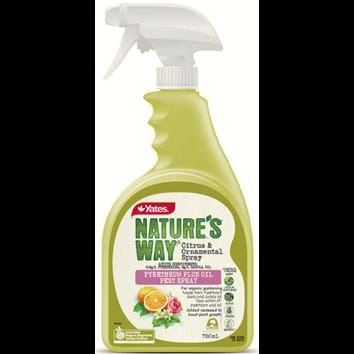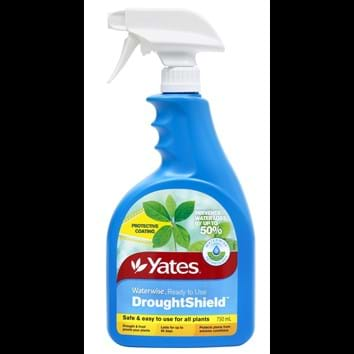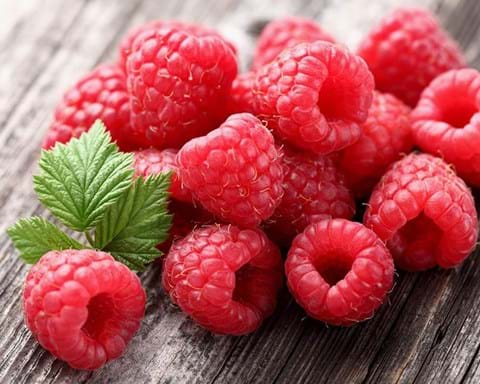
How to Grow Raspberry
Imagine picking fresh raspberries from your backyard and creating delicious fresh desserts, jam or jelly – that is, if they even make it past the back door! Raspberries are easy to grow in the garden, but as the canes like to spread out, it’s best to grow them in a spacious garden bed (in-ground or raised) where they can truly flourish.
Full sun
Water regularly
Well drained
Can be grown in temperate climates with cool winters

